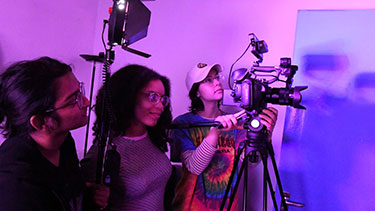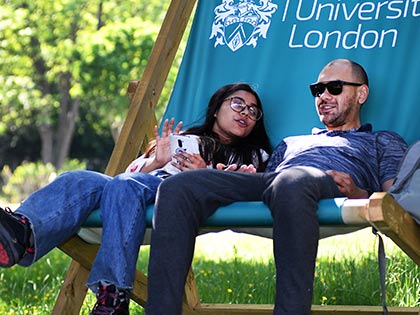
Humanities, Social Sciences, Education, and Psychology
Course Overview
The principal aim of this broad Humanities course is to enable students to negotiate the theoretical and practical knowledge and skills required to succeed in your desired degree at Brunel University London. Students will examine a range of research approaches, techniques, and methodologies, and manage their personal development, as well as intellectual and practical skills.
Brunel Pathway College (BPC) will help build a set of transferable skills, supporting you through your undergraduate journey and setting you up for success.
Duration
- 2 semesters
Intakes
- January
- September
Location
- Uxbridge, London
Course Details
Foundation Modules
- Composition & Style
- Critical Thinking
- Interactive Learning Skills & Communication
- Intercultural Studies (double module)
- Principles of ICT
- Research Methods
- Exploring the Social World
- For Psychology route, Maths will replace Composition & Style
Degrees Available
After successfully completing the Brunel Pathway College course you can progress directly into your chosen degree at Brunel University London.
Anthropology
Communication and Media Studies
Creative Writing
Education
English
Film Studies
Games Design
Global Challenges
History
Journalism
Politics
Psychology
Sociology
Careers
- Games Designer
- Marketing Communications
- Teacher
- TV Production
- Writer
Fees
Find out more about our fees for EU and UK, and International students alongside what scholarships are available.
